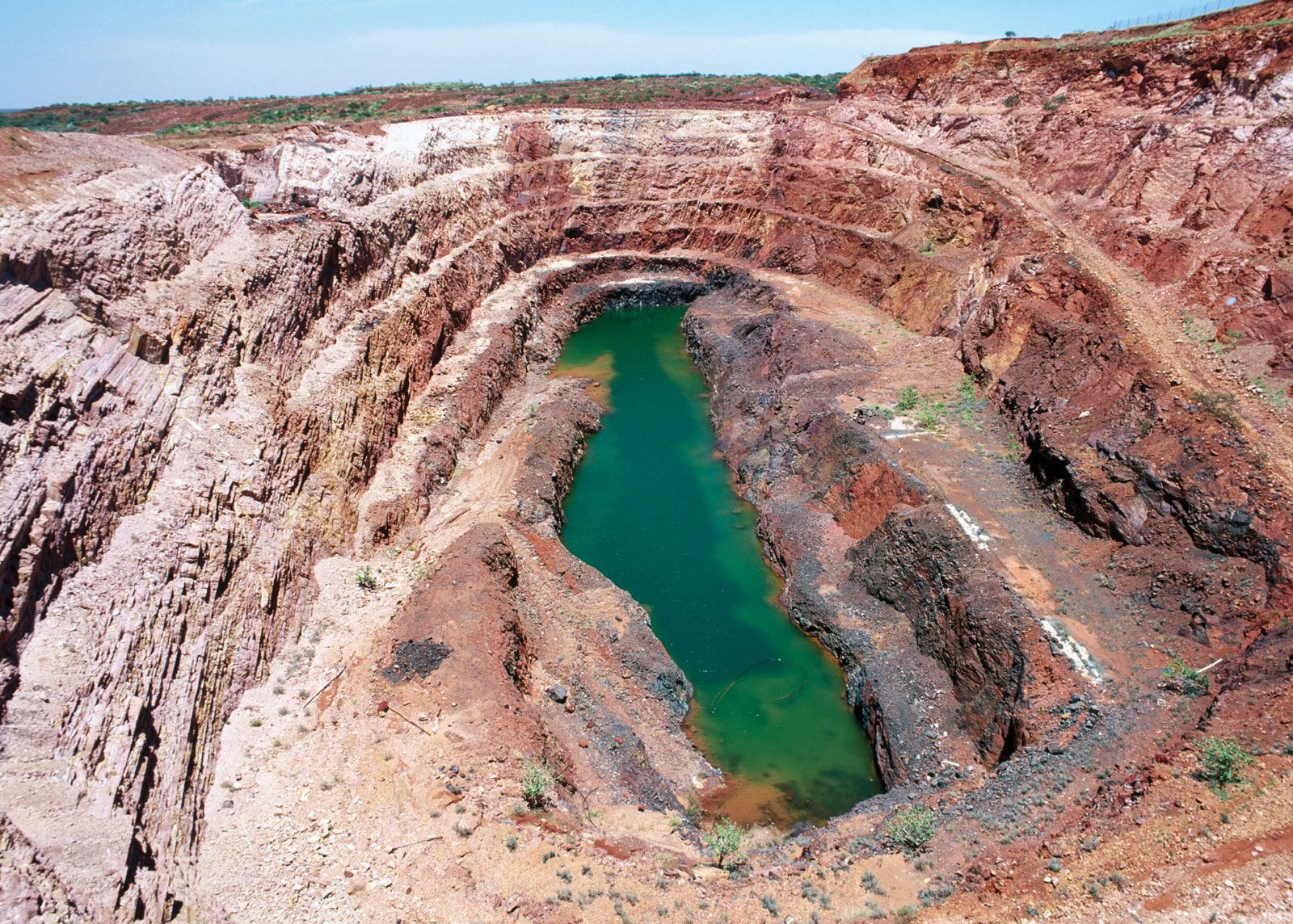Mineral mining plays a pivotal role in our modern society, providing the essential raw materials for various industries. From construction and manufacturing to technology and energy production, minerals are the backbone of our global economy. In this blog post, we will delve into the reasons why minerals are mined, exploring their significance and the impact they have on our daily lives.
- Meeting the Demands of Industrialization:
Minerals are mined to meet the ever-growing demands of industrialization. As countries develop and populations increase, the need for minerals rises exponentially. These natural resources are used in the production of countless products, including steel, cement, glass, and electronics. Without mineral mining, it would be impossible to sustain the rapid pace of industrial growth and technological advancement. - Fueling Energy Production:
Minerals such as coal, oil, and natural gas are crucial for energy production. Fossil fuels, extracted through mining, are burned to generate electricity and power various industries. Additionally, minerals like uranium are mined for nuclear power generation. As the world seeks alternative and sustainable energy sources, mineral mining remains essential in the transition to cleaner energy options. - Supporting Infrastructure Development:
Minerals are the building blocks of infrastructure development. Construction materials like sand, gravel, and limestone are extracted through mining and used in the creation of roads, bridges, buildings, and other structures. Without these essential minerals, the construction industry would grind to a halt, impeding economic growth and societal progress. - Enabling Technological Advancements:
Minerals are vital components in the production of technology and electronics. From smartphones and laptops to advanced medical equipment and renewable energy technologies, minerals such as copper, lithium, and rare earth elements are indispensable. Mining these minerals ensures a steady supply for the ever-evolving tech industry, driving innovation and improving our quality of life. - Economic Growth and Job Creation:
Mineral mining contributes significantly to economic growth and job creation. Mining operations create employment opportunities, both directly and indirectly, in regions rich in mineral resources. Additionally, the revenue generated from mineral exports boosts national economies, supporting infrastructure development, education, healthcare, and other essential services.
Conclusion:
Mineral mining is a critical industry that underpins our modern society. From meeting the demands of industrialization and fueling energy production to supporting infrastructure development and enabling technological advancements, minerals play a vital role in our daily lives. As we move towards a more sustainable future, it is crucial to balance the benefits of mineral mining with environmental considerations. By understanding the significance of mineral mining, we can appreciate the value of these natural resources and work towards their responsible extraction and usage.


